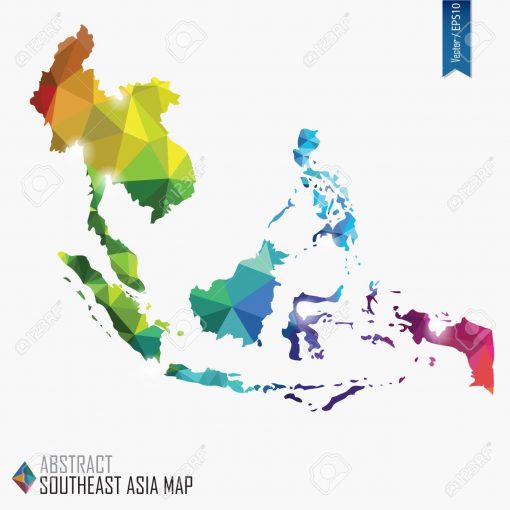
The first PSSAT’s SEA Talk program on May 29, 2015 was titled “Mass Media and ASEAN Community Construction”. Dr. Phil. Hermin Indah Wahyuni, M.Si, head of PSSAT, became the speaker that afternoon. According to her, the mass media now is not fully concerned about the importance of the ASEAN Economic Community (MEA). Mass media, in this case journalists, need to be more in knowing this issue so that it is not only becoming a discourse on the level of the elite alone but this information can be up to the community in Southeast Asia itself.
By looking at the current role of journalists, it can be said that their role is still very limited in raising public awareness in dealing with MEA 2015. Discussions about differences in government systems and media systems in each ASEAN countries are thought to be things that can inhibit or at the same time become uniqueness. The mass media in Southeast Asia itself is seen still moving separately, not even making this issue as the main issue that needs to be socialized to the community as well as in Indonesia itself.
This time the discussion focused more on print and electronic media (newspapers and television) than to see new media such as social media that is growing rapidly in Southeast Asia. This is, according to the speaker, because the mainstream media (print and electronic) have regulated regulations that make it easier to integrate with the MEA vision itself. While the new media to date has not yet had a strong regulation of each country. In addition, statistics show that consumption of television as media is still much larger than new media, so using television or print media will be more appropriate target in raising awareness of the MEA itself.
The discussion series also raise contradictory opinions from the formation of MEA where some participants see the ASEAN community as part of the business interests of the elite alone so that the establishment of the ASEAN community will not provide any benefit for the lower-class society. The establishment of the ASEAN community clearly raises the pros and cons, but the most important is how the community has good information on it, so that people can better prepare themselves. To that end, the role of the mass media becomes important in realizing a society that has a high awareness of all possibilities that will happen, meaning the people of Indonesia.
